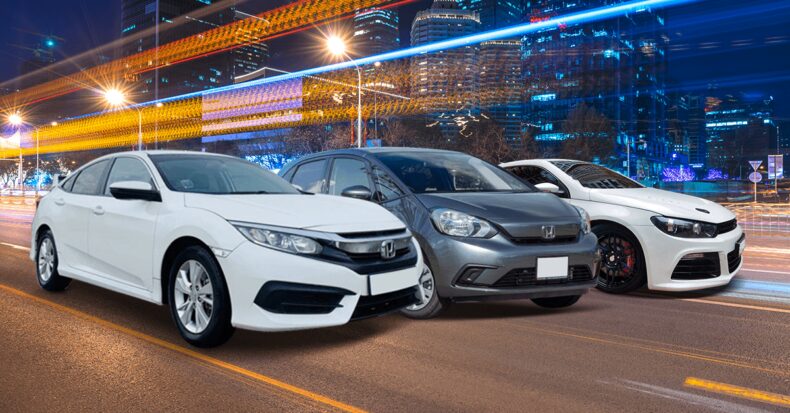Costs of cars skyrocket in Singapore as the government looks for sustainable measures to decrease obstruction and pollution and curb global warming.

Singapore has tight control over the number of vehicles to run on roads. The country ranked second as the most expensive city to live in the world by the Economist Intelligence Unit, in its Worldwide Cost of Living survey, 2021.
The Singapore government is implementing strict controls on traffic growth with a series of taxes and quotas that increase the cost of a car five times more than that of the wholesale price.
Over the last decade, Singaporean municipalities have invested heavily in public transportation. They have added 1,000 buses and 200 trains, while also constructing three new underground lines to ensure 80 percent of households are within a ten-minute walk of a station.
Overall, the government has stated that it intends to spend more than 60 billion dollars on the railway network this decade.
Singapore is now the most expensive country in the world to buy a car. In addition to the cost of a car being five times more than it is in the United States, there are also additional fees for owning a car.
A certificate of Entitlement (COE) license is permitted for an individual to own and operate a vehicle in Singapore. It allows them only up to a decade. Later, the owner must scrap or export the car, or purchase another COE.
According to the Land Transport Authority, the average cost of COE for a basic car costs about 53,407 dollars.
Moreover, Singaporean citizens who wish to possess the luxury of a car will have to put up with high-interest rates on car loans, maintenance fees, and fuel prices.
Cars must also pay excise duty, goods and services tax, additional registration fee, and a price range and surcharge predicted on the vehicle’s carbon emissions.
Tactically, the Singapore government is stabilizing the billions spent on public transportation development by making cars a luxury.
On other hand, the gruelling burdens of possessing a car are beneficial for the environment. This implementation is a convenient system for pollution abatement and reducing global warming.
See also : https://tdznkwjt9mxt6p1p8657.cleaver.live/electric-vehicles-are-the-future-transport/













